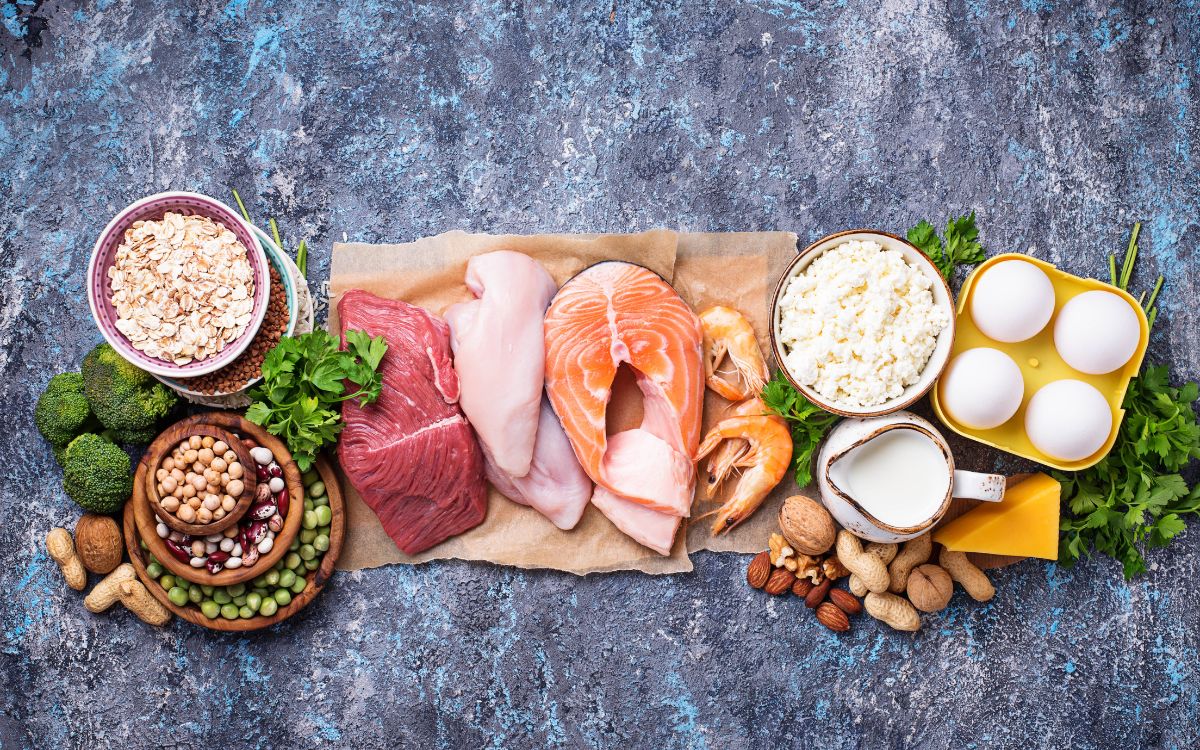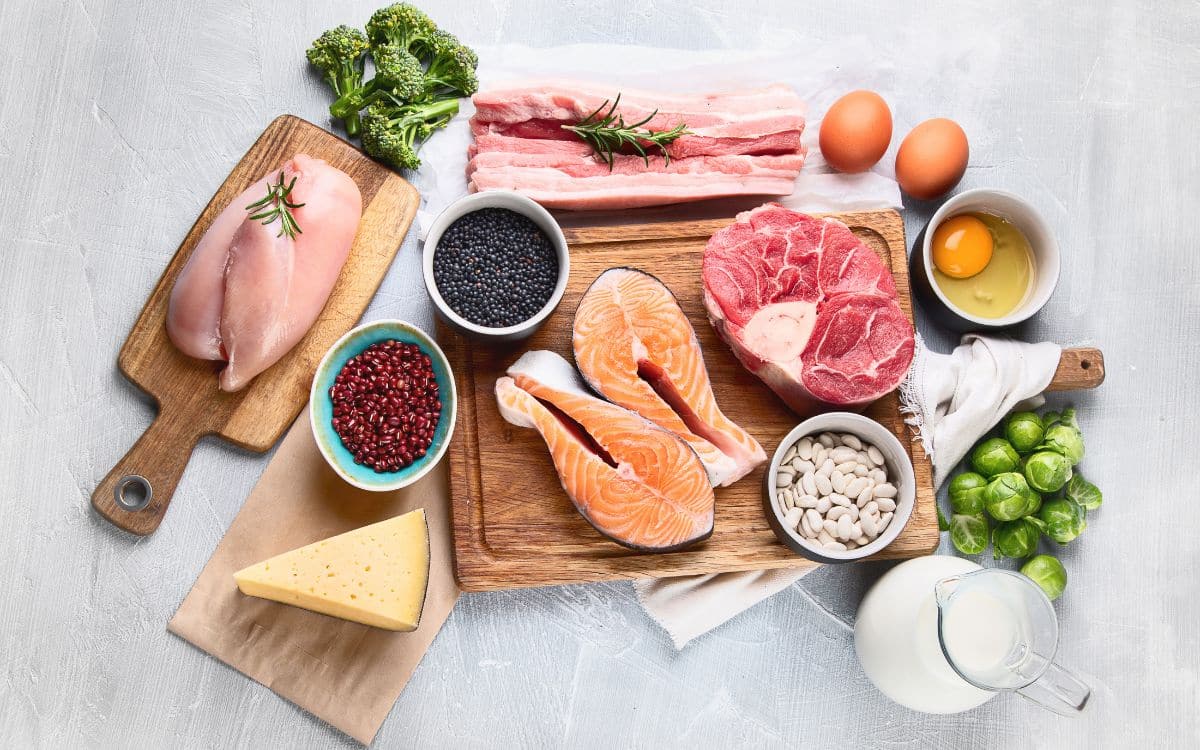Do you want to cheat on the gastric sleeve surgery post-op diet? Think Again!
Achieving a significant weight loss in obese individuals requires a bariatric (weight loss) surgery; one of which is gastric sleeve surgery. A loss of up to 78% of the excess weight has been reported with an average of 59% by the end of the 12th month after surgery.
In addition, resolution/improvement in obesity-associated disease conditions has also been achieved in the majority of these patients. Nevertheless, these were possible because the surgery was complimented with a healthy post-op diet.
Weight Loss Surgery Doesn’t Act Alone
The fact that weight loss surgery does not work in isolation has been stressed. To further emphasize the importance of diet in achieving weight loss, a pre-op diet is often recommended before surgery. In fact, most insurance providers will request that this diet is supervised by a physician for at least 6 months before giving an approval for the surgery. Another reason for this is to have an idea of whether the patient would be able to sustain the diet after surgery.
Gastric sleeve surgery is a restrictive procedure that reduces the size of the stomach with the reduction in food intake due to early satiety during meals. It also reduces the amount of hormone ghrelin leading to appetite suppression. A pre-op diet and exercise commenced before the surgery are expected to be sustained after the surgery in order to ensure optimal weight loss.
Adding Protein & Avoiding Refined Sugars
A gastric sleeve post-op diet is a diet that contains a high amount of protein and low fat and carbohydrate. It is devoid of refined sugars, carbonated drinks, and alcohol. This diet is initially liquid in the first few days after gastric sleeve surgery with gradual progression to a semi-solid diet and later solid diet. It involves some eating habits e.g. not eating and drinking water simultaneously. Nutritional supplements are also part of the diet.
Cheating on your gastric sleeve post-op diet is like working against your main goal of losing weight and putting your health in jeopardy. This is because the various components of the diet are meant to achieve certain purposes or prevent certain unwanted complications. Let’s take a look at some of the effects of cheating on the post-gastric sleeve diet.

Consequences of Cheating At Your Diet
Immediately after surgery, your stomach will go through a healing process. The manipulation will cause a temporary loss of peristaltic movement. When your doctor allows you to start taking orally, it is because this peristaltic movement has returned. The liquid diet can easily move from your stomach to your intestine. Cheating at this point by ingesting a solid diet can irritate the healing stomach with subsequent nausea and vomiting.
After gastric sleeve surgery, your stomach has a wound from the site of resection. This staple line is prone to leakage; a dreaded complication of the gastric sleeve that may lead to peritonitis and require a surgical exploration. Liquid diet immediately after surgery is to ensure that the stomach is not under any pressure while going through the healing phase and thus, reduce the chance of staple line leak.
Alcohol & Carbonated Drinks And Their Effects
Cheating on the gastric sleeve post-op diet by taking alcohol or carbonated drink will put your stomach at risk of stretching and permanent dilatation. The consequence of this is the abolition of the early sensation of fullness during meal resulting in excess calorie intake and inadequate weight loss or even weight gain. The refined sugar and the alcohol provide a higher energy per gram resulting in positive energy balance and conversion of excess energy to fat leading to weight gain.
Alcohol has also been found to worsen the fatty liver disease that may be present in some obese individuals. Consuming alcohol after gastric sleeve surgery will put your liver at risk and may lead to a progressive deterioration to liver cirrhosis necessitating a liver transplant.
Most obese people have heartburn due to reflux of the acidic content of the stomach into the esophagus. The gastric emptying time is longer for solid food (about 6 hours) than liquid diet (2-4hours). Cheating on your diet by taking solid food too early may increase your chance of reflux leading to a burning excruciating chest pain.
Add Nutritional Supplements After Gastric Sleeve Surgery
Your nutritional supplements are essential components of your gastric sleeve post-op diet. They help prevent deficiency states. Take for example iron supplement, not taking this supplement may lead to anemia. Anemia will make you get tired easily, not able to tolerate exercise and may slow down your wound healing.
Another important supplement is vitamin B12 whose absorption may become altered after gastric sleeve due to the reduction in the production of intrinsic factor; a substance required for vitamin B12 absorption. A deficiency of vitamin B12 will result in megaloblastic anemia and alteration in many metabolic reactions as this vitamin serves as co-factor for some enzymes.
Be Prepared & Ready Before Undergoing Bariatric Surgery
Making a decision to go for gastric sleeve surgery require a physical, and mental readiness to follow all the steps that will lead to optimal and satisfactory weight loss.
Your determination to lose weight and achieve resolution/improvement in obesity-associated disease conditions must be greater than your preference and desire for certain types of diet. You must, therefore, endeavor to adhere strictly to your post-op diet so as to prevent complications and achieve optimal weight loss.
“Do not cheat on your gastric sleeve post-op diet, it is counterproductive.” We do not recommend cheating on your post-operative diet, especially in the first several months after your surgery.


